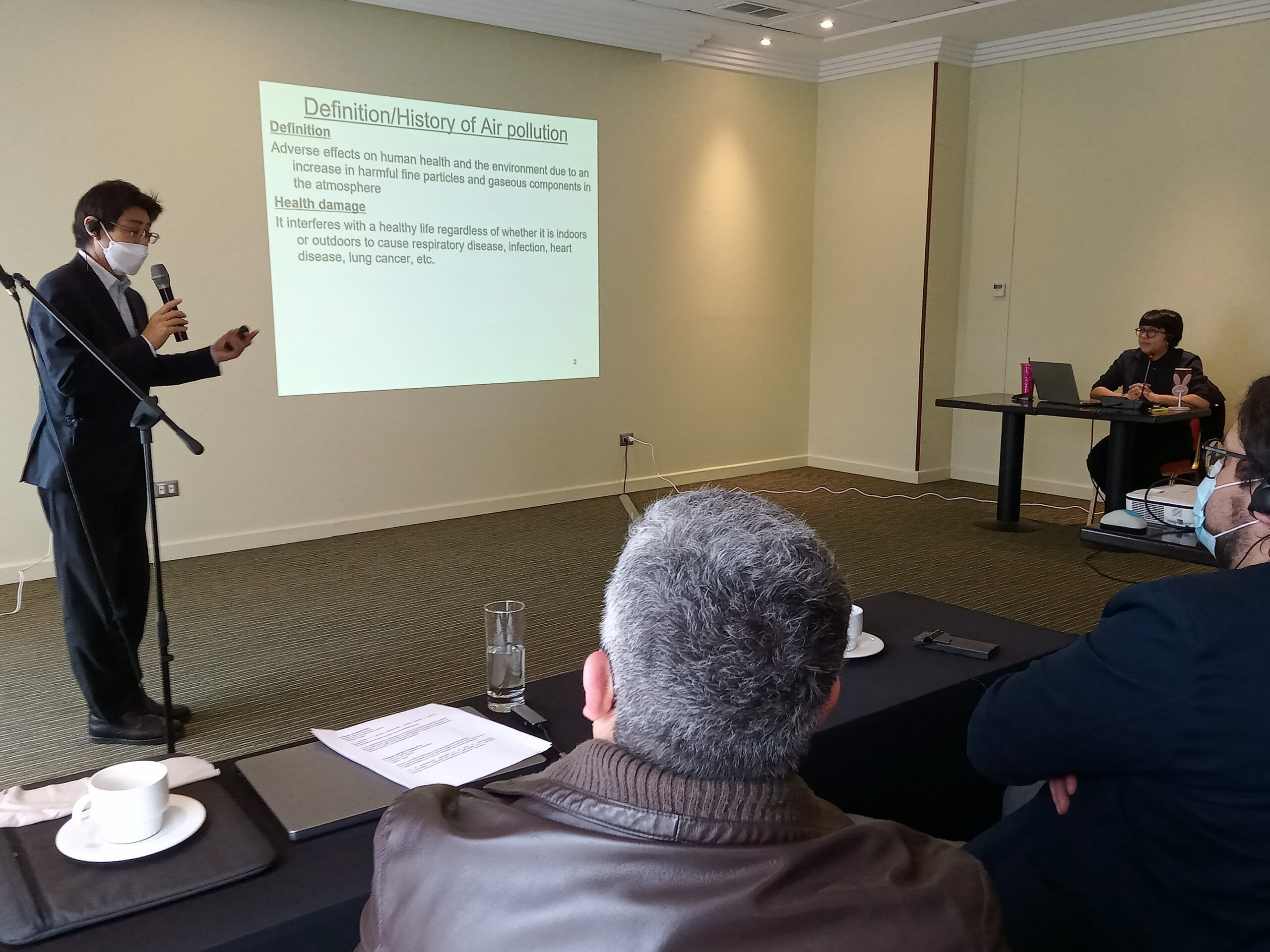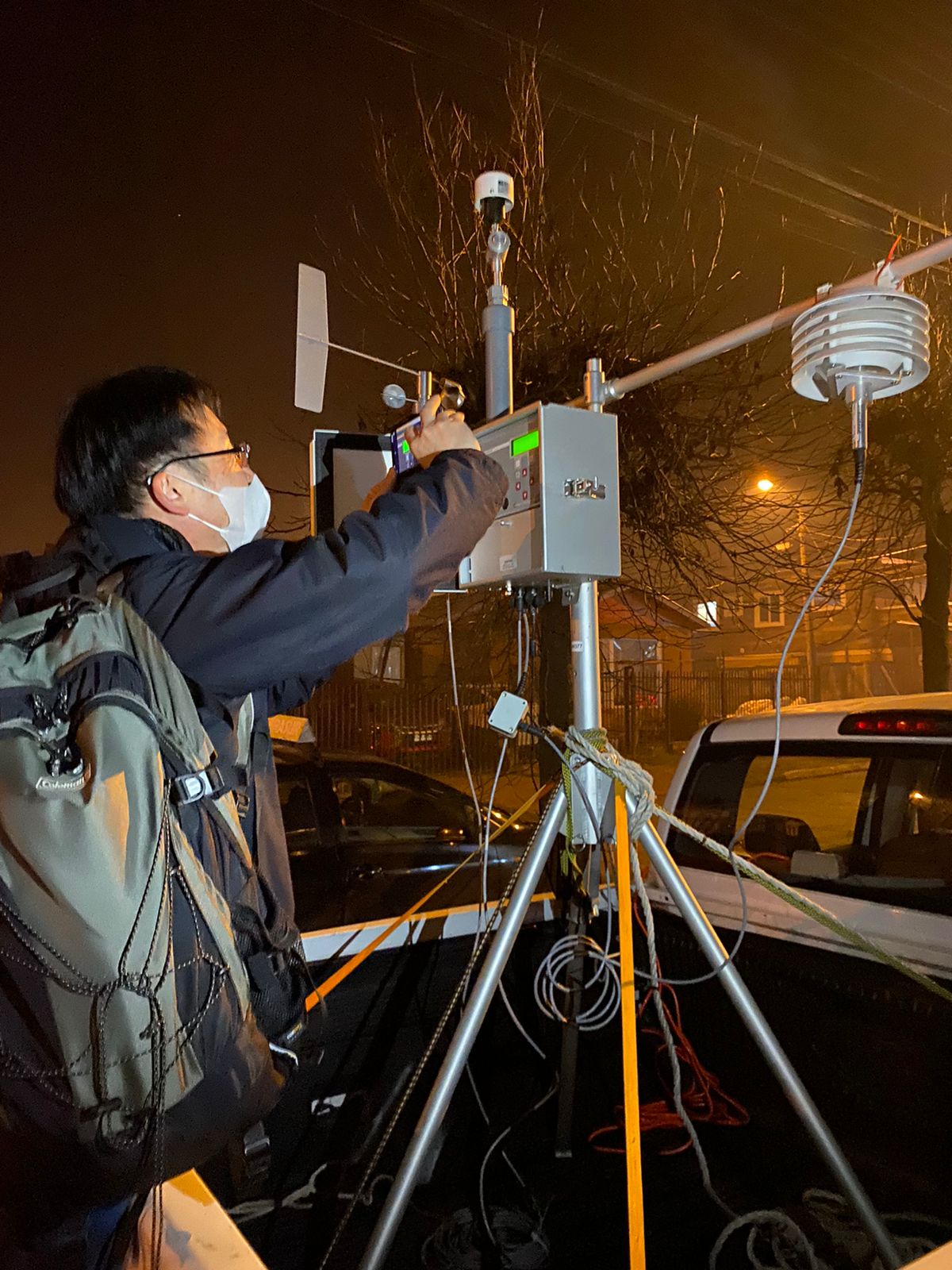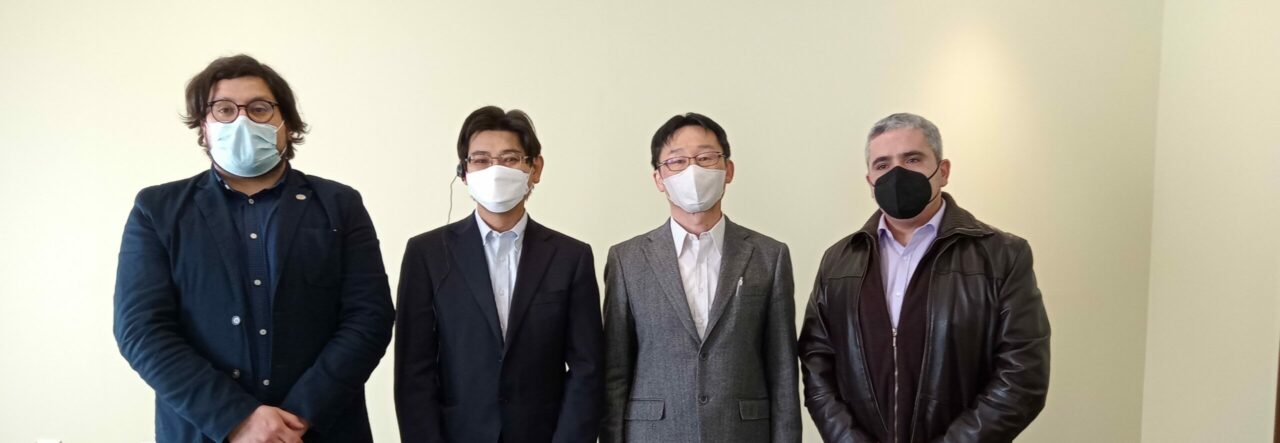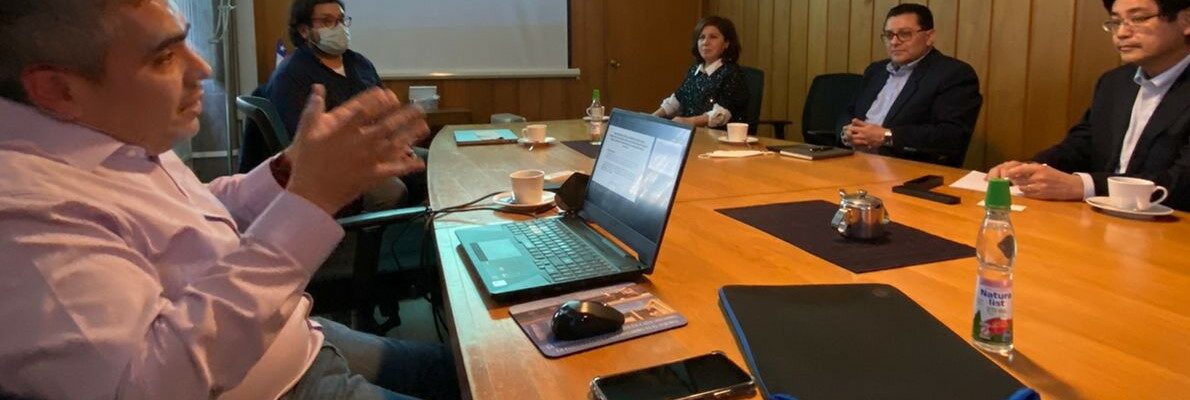Internationalization is strengthened through joint research actions around the pollution of Osorno and the south and that evidenced by some cities in Japan.
Reinforcing a solid path towards internationalization, the Universidad de Los Lagos was recently visited by two researchers from Japanese universities, Professor Jun Noda, PhD. From Rakuno Gakuen University of Hokkaido and Professor Daisuke Tanaka, Ph D. of the University of Toyama who participate in a network work with some public universities in southern Chile to which the Universidad de Los Lagos is added. This was explained by the director of International Relations of the ULagos, Rodrigo Márquez.
“For the university this has a very positive impact to belong to this network in order to bring content and sustainability to the international agreements, therefore, this frames in the actions of internationalization in which the university has indicated in this new cycle after its acreditation, internationalization is an essential component to pass the barrier of 5 years and one of the focuses that the Management of International Relations has is to promote the development of agreements that can develop joint agendas between the university and the associated institutions with high-impact activities, which can be translated -as in this case- in the development of scientific publications and events in which certain local scenarios can be taken, as is the case of environmental pollution in Osorno and be able to think about this not only through national interdisciplinary work, but also, from the experience that Japanese colleagues have regarding how they have done in their different cities to being able to cope with pollution”, he explained.
And the topic of contamination was precisely the one addressed in this International Seminary “Environmental air pollution: experiences, lessons learned and challenges in the framework of Chile-Japan international cooperation”, opportunity in which the Japanese researchers realized of how this problem was generated in their country and how they have been working to reduce its effects.
“I think that we have a joint interest that is indeed to improve the people’s health of both places. We would like to continue with this research to review this correlation between the air pollution and what are the health effects they cause. What is its inference in pathogens and respiratory problems are as well”, indicates the teacher Jun Noda.
After the presentation of the Japanese researchers, the director of International Relations, in his capacity of researcher, Rodrigo Márquez along with the researcher Ricardo Fernández showed the history of the work realized in Osorno regarding the monitoring of the quality of air, which allowed the instalation in 2019 of a second station of monitoring in the Emprender school of Osorno.



“In my researcher role, this partnership is also important because it allows us to share information, establish points of agreement and approchement especially in the development of the use of cutting-edge technology such as the one they use to do the analysis and the research of data and analysis of the composition of the particulate matter in Japanese universities” explains the researcher Rodrigo Márquez.
The Japanese professor points out that although the houses are similar in Chile and Japan in terms of their structure, what they use for heating is based on kerosene or paraffin and this produces moisture inside the houses, which affects the environment. This moisture produces fungi and mould inside of the houses which provokes illnesses and health problems. Similar problems happen in Osorno, but with small particles that emanate from the burning of wet firewood. According to the proyect that ULagos leads, it has been extended to also measure Río Negro and Purranque, subsequently, it is intended to measure Frutillar to complete the axis of the saturated southern macrozone during 2022-2023. Also, it was indicated that in Chiloé a first sweep of contamination was already made.












